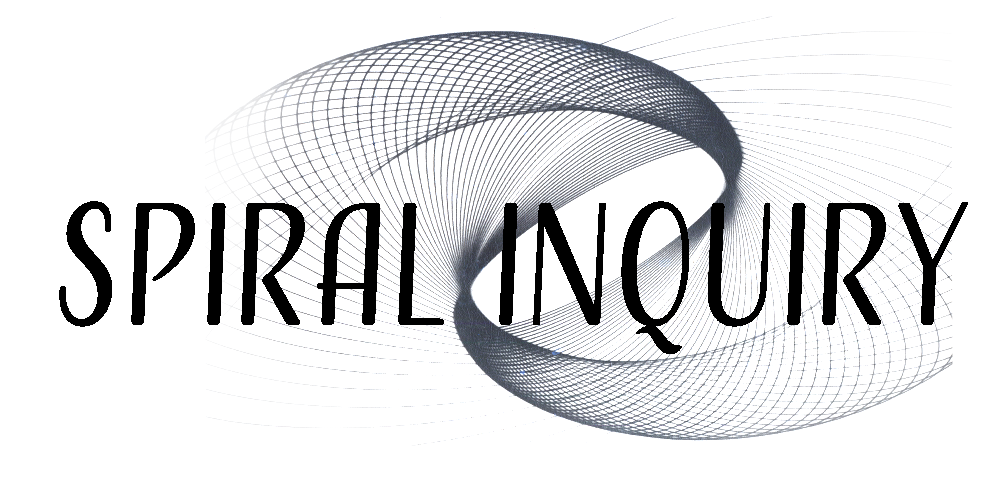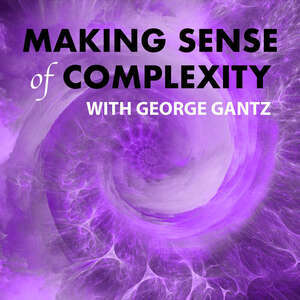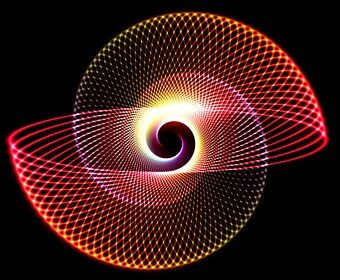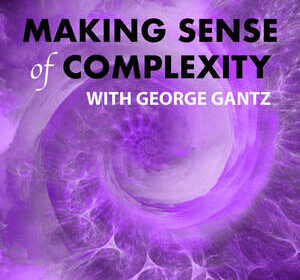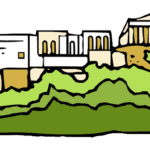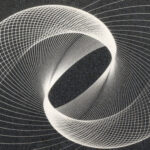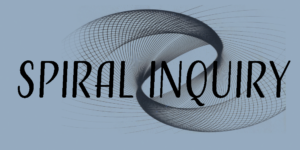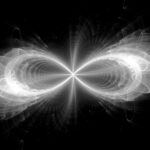Follow this collaborative inquiry into the frontiers of complexity science, and its implications for building a coherent and consistent worldview. How do we make sense of complexity? What insights does Complexity Science itself offer to help us make sense of the world.?
Introduction:
Do you wonder why the world seems so complex and uncertain? I once believed that there had to be one way to make sense of it all – and I thought that was through mathematics and logic. Other people are convinced that the way to make sense of the world is by studying its physical components and properties, building our understanding from that foundation. That’s empirical science. Some continue to see revealed religious doctrine as the right way make sense of the world; while others would point to intuition, mysticism or transcendent personal experience.
The Empirical Science Narrative
A century ago there seemed to be a broad consensus. that we were close to understanding the world through empirical science. This world view described the universe as a grand clockwork mechanism in a fixed reference frame of time and space, one that obeyed unchanging natural laws expressed in precise mathematical formulas. As the Nobel Prize winning physicist A.A. Michelson put it in 1903: “The more important fundamental laws and facts of physical science have all been discovered, and these are now so firmly established that the possibility of their ever being supplanted in consequence of new discoveries is exceedingly remote.” It did seem, at least to Michelson, that the theory of everything was almost complete.
Well, a lot has happened in science since then – a few examples include Einstein’s theories of relativity – which disproved the idea that time and space provided any fixed reference frame. The new science of quantum physics uncovered puzzling features of the physical world at the very limits of space and time. The smallest objects could behave either as waves or as particles, and their very nature was found to be subject to uncertainty and indeterminacy. The fields of mathematics and computer science encountered limits in the forms of incompleteness and non-computability.
In many ways, twelve decades later, the world no longer seems comprehensible. Even the esteemed Stephen Hawking had given up on a theory of everything, adopting instead a principle of model-dependent realism – we cannot know the reality of the world beyond our models.
Making Sense
This is all very unsettling. If the very best of science cannot make sense of the world, then where do we turn? While it may seem appealing to return to the familiar narratives of our pre-modern world views, they simply no longer work. To put it simply — it is impossible to un-see what empirical science has revealed. So how do we possibly bring this all together?
Here’s the idea – some of the gnarly problems we’ve been dealing in the past century come from relatively new branches of science, collectively known as the complexity sciences. This includes a variety of disciplines in physics, mathematics, engineering, computer science and biology. Science has traditionally followed a reductionist methodology, seeking to explain the behaviors of a system by analyzing its component parts. But a complex system, we now know, does not work that way. Borrowing the famous phrase from Aristotle, a complex system is characterized as one in which “the whole is greater than the sum of the parts.”
So, are there insights from the complexity sciences than can help us make better sense of the world? What do the deep and fascinating findings from chaos theory, dynamic system behaviors, entropy, emergence, biodynamics, network systems, information theory and related topics have to say about how to make sense of the world?
The Project
That’s what we want to find out. This audio/video podcast series will feature a series of conversations with complexity science practitioners and philosophers. The goal is to interpret and communicate their work and their thinking about complexity. How do these important and sometimes strange findings influence their understanding of the world? The conversations will be down to earth, personal, and accessible to anyone with an interest in science and philosophy. We may not resolve the key philosophical questions of causation, free will, consciousness, ethics, the nature of reality, or the meaning of life. But I hope we can make better sense of complexity and offer some ideas on how it all fits together.
The Series Trailor was released on May 6 and the interviews will be issued bi-weekly beginning on May 13. The video is on YouTube and the audio will be available on your podcast platform. I hope you will subscribe.
The project will also be featured on social media, which we hope will generate commentary and feedback. You can also follow the project here on Spiral Inquiry. And please explore the websites of our collaborators Complexity Weekend, Planksip©, and Talk of Today.
Thanks for your participation in this project! To watch, listen, and subscribe:
Youtube Video channel: Making Sense of Complexity
Podcast name (w Amazon link): Making Sense of Complexity with George Gantz
